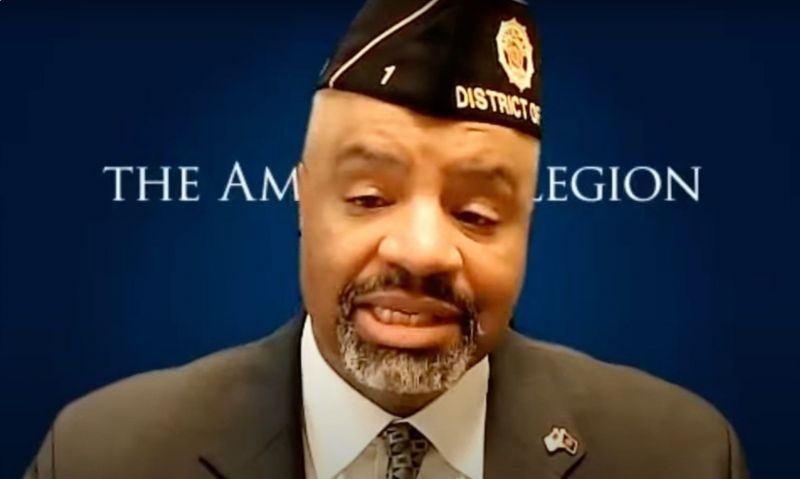
A shortage of skilled labor, inflated by pandemic, has opened doors for veterans to fill in-demand roles.
American Legion Director of Veterans Employment and Education Joseph Sharpe testified on Feb. 2 before the House Committee on Veterans’ Affairs Subcommittee on Economic Opportunity on efforts to secure high-demand jobs for veterans.
A shortage of high-skilled labor — further impacted by the COVID-19 pandemic — has left employers struggling to fill certain positions. While many veterans use their GI Bill benefits to earn conventional four-year degrees, intensive, short-term programs can develop the skills that today’s employers require, Sharpe told lawmakers. This enables veterans to accelerate themselves to new positions in the job market and address the economic challenges of today.
“To be viable candidates in the 21st century workforce, veterans need training opportunities that are affordable, flexible and applicable to their desired industries,” said Sharpe.
Veteran Employment Through Technology Education Courses (VET TEC) is a five-year pilot program designed to help eligible veterans secure meaningful employment in the high-demand technology sector. The program was initially authorized in the Harry W. Colmery Veterans Educational Assistance Act of 2017 and launched in the spring of 2019.
VET TEC pairs eligible veterans with Department of Veterans Affairs (VA) training providers offering high-tech training and skills development. This includes information science, data processing and computer software programs. VET TEC also uses an employer consortium to help veterans find employment following the completion of their program. Rather than a traditional four-year degree path, VET TEC courses range between 40 and 700 training hours.
The VET TEC program provides non-active duty students a housing stipend and subsidized tuition by VA, while preserving GI Bill eligibility. Nearly 5,000 veterans have utilized the program to date, with an 88% graduation rate and a 72% employment rate. On average, it is taking graduates around two months to find employment and starting salaries have averaged more than $59,000. Currently, only 16 states have approved training providers available, said Sharpe.
“The American Legion calls on Congress to increase VA training program offerings and access for VET TEC throughout the nation and its territories,” he testified.
“Additionally, Congress should require a report detailing demographic, geographic, and Diversity Equity and Inclusion metrics of applicants rather than just age to ensure the program is best positioned to serve an increasingly diverse veteran population.”
In addition to the VET TEC program, certain eligible veterans have access to the Veteran Rapid Retraining and Assistance Program (VRRAP). That program offers education and training for high-demand jobs — including health care, education and engineering — to veterans who are unemployed due to the pandemic.
Veterans participating in VRRAP will receive up to 12 months of tuition and fees and a monthly housing allowance based on Post-9/11 GI Bill rates. To be eligible, veterans must be unemployed because of the pandemic and not eligible for GI Bill or VR&E benefits.
VRRAP was developed as part of the $1.9 trillion coronavirus economic relief package signed into law by President Biden in March 2021. About $17 billion was allocated to support VA in its response to the pandemic. Of this, $386 million went to VRRAP. To date, only one quarter of the funding has been used.
“To boost veteran engagement in VRRAP, Congress should work with VA, Department of Labor and American Job Centers to increase program outreach to meet the funding or participant limits,” Sharpe told the subcommittee. “Additionally, Congress should eliminate the VRRAP program eligibility cutoff age of 66 to provide older veterans access to this vital benefit.”
According to Sharpe, part of the reason many veterans could be shying away from the program is the ambiguity. Asking Congress to clarify what constitutes unemployment specifically attributable to the COVID-19 pandemic as criteria for VRRAP would mitigate this issue.
“Finally,” said Sharpe, “The American Legion calls on Congress to expand VRRAP eligibility to any veteran who is either unemployed or underemployed.”
The American Legion supports the program through Resolution No. 305: Support the Development of Veterans On-The-Job Training Opportunities.
- Veterans Benefits

